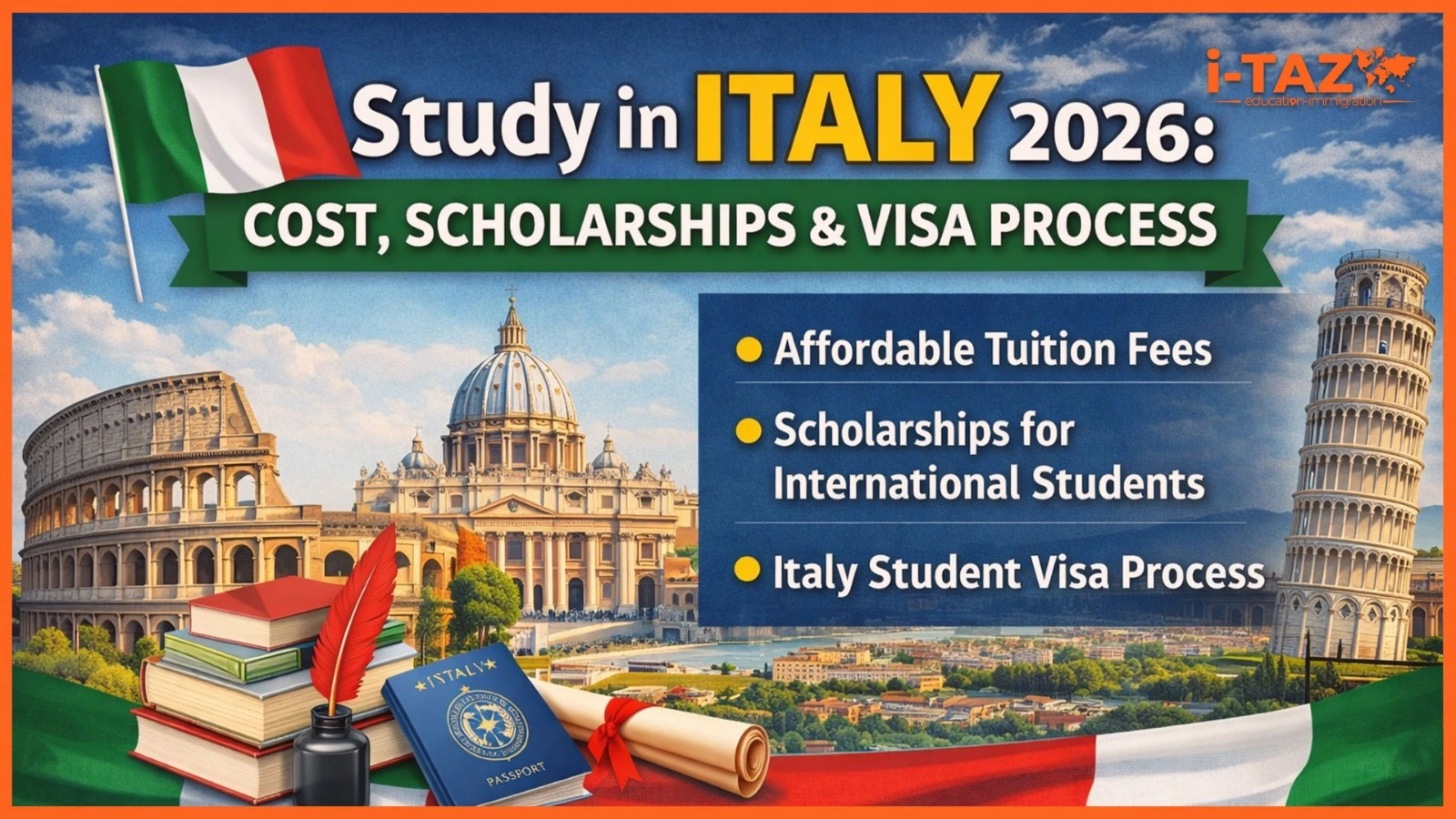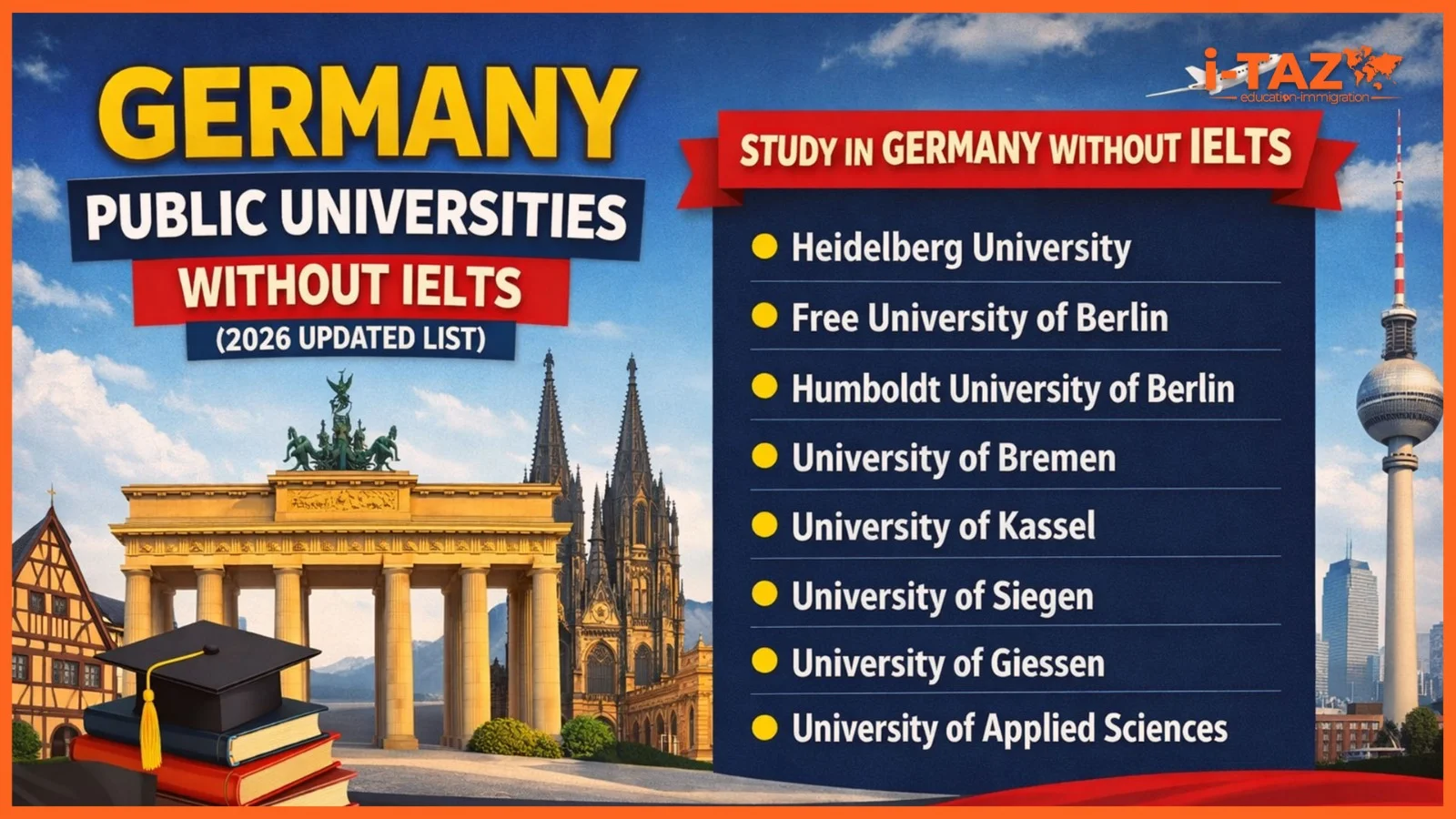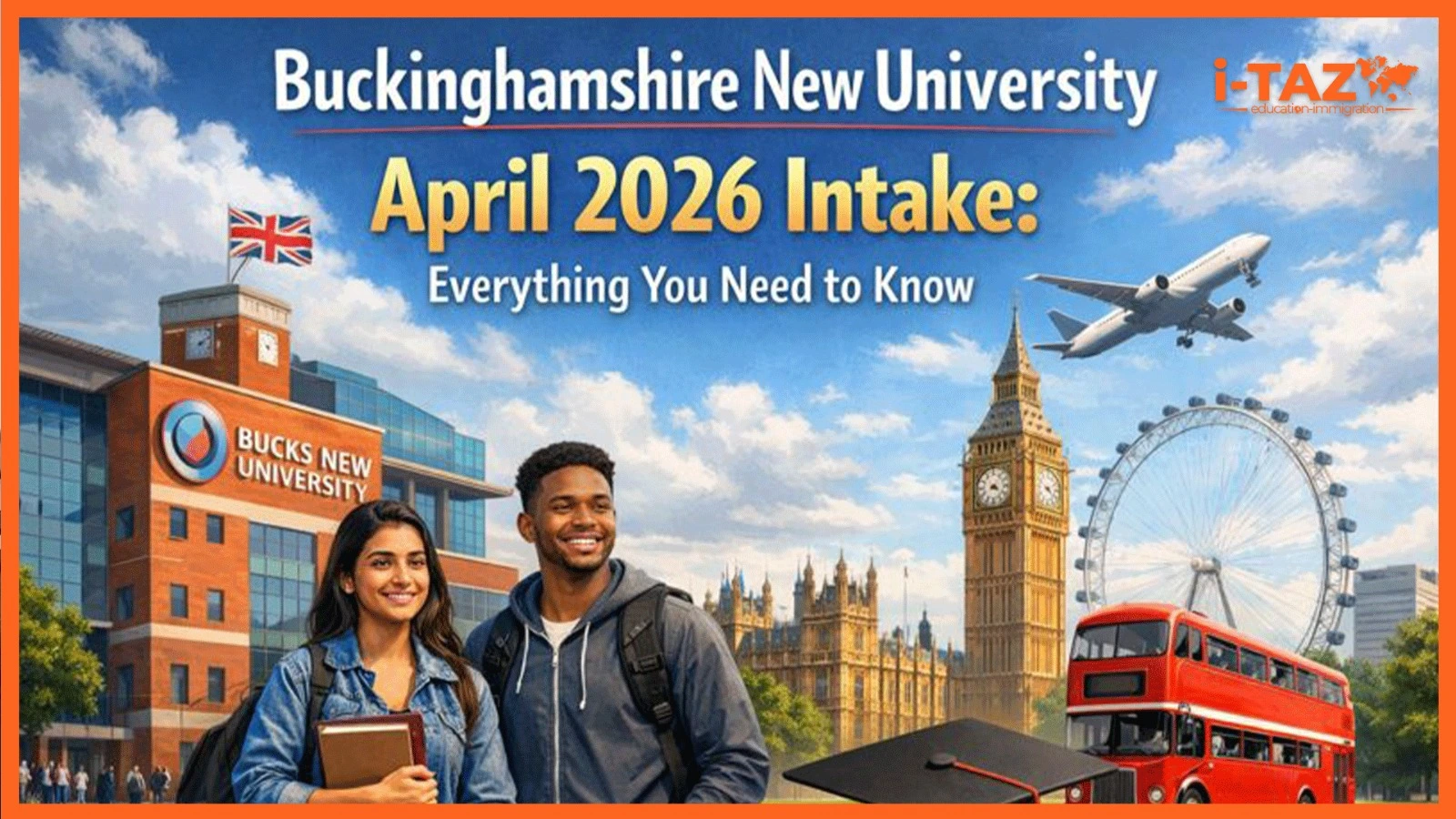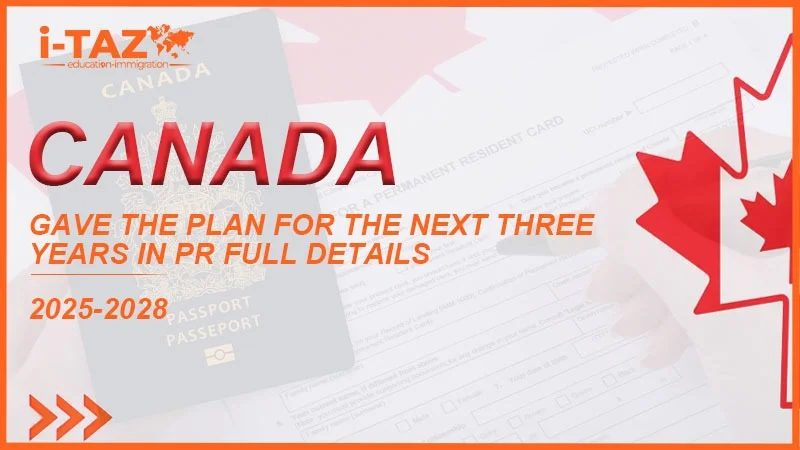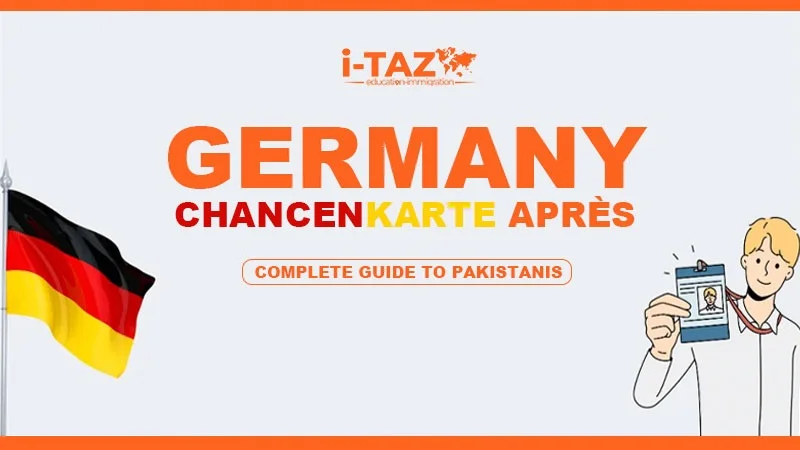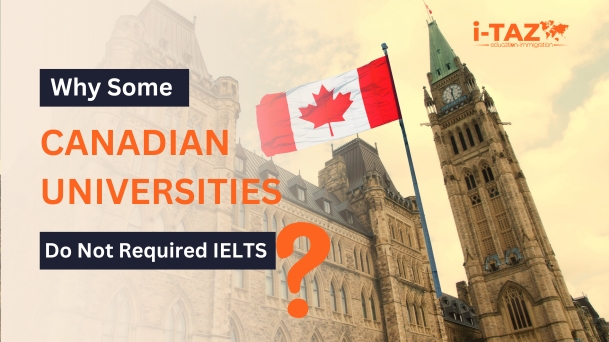Over the years, the university admissions process in Canada has evolved significantly, particularly for international students. Many Canadian universities are now recognizing that English proficiency can be demonstrated through a variety of methods, not just standardized tests like IELTS. This shift comes as universities strive to create a more inclusive and accessible education system that attracts students from all corners of the globe.
By offering alternative methods to prove English language skills, these universities are breaking down barriers for students who may face challenges in accessing or affording traditional tests like IELTS. This change is part of a broader trend toward flexible admissions policies, where universities are considering a student’s entire academic journey, rather than relying on a single test score.
How Do Canadian Universities Assess English Proficiency Without IELTS?
Top Canadian universities that do not require IELTS typically assess an applicant’s English proficiency through other standardized tests or by reviewing their academic history. If you’ve previously studied in an English-speaking country or completed courses in English, that may fulfill the language requirements for admission. Universities may also accept a range of alternative English proficiency tests, ensuring students can showcase their language skills through more accessible or affordable means.
Here are a few ways Canadian universities assess English proficiency without IELTS:
- Alternative Language Tests: Many universities accept other standardized tests like the TOEFL, PTE Academic, or Duolingo English Test.
- Previous Education in English: If you have completed your previous education in English, many institutions will waive the need for an additional language test.
- English Language Programs: Some universities offer in-house English language programs, allowing students to meet the language requirements by successfully completing these courses.
Top 10 Canadian Universities Without IELTS Requirements
1. University of Winnipeg
The University of Winnipeg is renowned for its inclusive campus and community engagement. They offer a variety of alternatives to the IELTS exam, including:
- Duolingo English Test: Minimum score 120
- TOEFL iBT: Minimum score 86
- Cambridge C1/C2 Proficiency: Minimum score 180
- PTE Academic: Minimum score 58
This flexibility makes it easier for international students to apply without the need for IELTS.
2. Brock University
Known for its close proximity to Niagara Falls, Brock University is a top choice for students seeking a scenic and rigorous academic experience. They provide multiple alternatives to IELTS:
- TOEFL iBT: Minimum score 88
- CAEL: Minimum score 60
- Duolingo English Test: Minimum score 115
This allows international students from non-English-speaking countries to apply using the tests they are most comfortable with.
3. University of Saskatchewan
The University of Saskatchewan offers a research-driven environment with a strong sense of community. They accept several alternatives to IELTS, such as:
- TOEFL iBT: Minimum score 86
- Duolingo English Test: Minimum score 115
- PTE Academic: Minimum score 63
Their commitment to inclusivity helps attract a diverse international student population.
4. Memorial University of Newfoundland and Labrador
Located on the beautiful Atlantic coast, Memorial University is dedicated to fostering international relationships. They offer a wide range of alternatives to the IELTS:
- TOEFL iBT: Minimum score 79
- Duolingo English Test: Minimum score 115
- CanTEST: Minimum score 4.5
By offering such flexibility, Memorial University attracts students who may not have access to IELTS testing centers.
5. McGill University
McGill University, one of Canada’s most prestigious universities, embraces diversity and accepts numerous alternatives to IELTS:
- TOEFL iBT: Minimum score 100
- Cambridge C1 Advanced: Minimum score 180
- Michigan English Language Assessment Battery: Minimum score 85
McGill’s high standards ensure that international students are evaluated fairly, without relying solely on IELTS.
6. Concordia University
Concordia University, located in Montreal, provides a multicultural learning environment and is known for its flexibility with international students. They offer multiple ways to demonstrate English proficiency:
- TOEFL iBT: Minimum score 90
- Duolingo English Test: Minimum score 115
- PTE Academic: Minimum score 61
This approach makes it easier for international applicants to meet the language requirements.
7. Carleton University
Carleton University, based in Ottawa, offers top-tier programs in technology, public affairs, and engineering. Their alternatives to IELTS include:
- TOEFL iBT: Minimum score 86
- CAEL: Minimum score 70
- PTE Academic: Minimum score 60
Their welcoming campus and flexible language requirements attract a large number of international students.
8. University of Regina
The University of Regina, located in Saskatchewan, is committed to supporting international students by providing various pathways for proving English proficiency:
- TOEFL iBT: Minimum score 83
- CAEL: Minimum score 70
- PTE Academic: Minimum score 59
These flexible requirements make it easier for students from diverse backgrounds to access education in Canada.
9. Seneca College
Seneca College offers career-oriented education and accepts several alternatives to IELTS, such as:
- TOEFL iBT: Minimum score 80
- PTE Academic: Minimum score 58
- Cambridge C1 Advanced: Minimum score 169
Their student-focused approach ensures international applicants can demonstrate their English proficiency in multiple ways.
10. Okanagan College
Okanagan College, located in British Columbia, offers scenic beauty along with top-quality education. They accept various tests as alternatives to IELTS, including:
- Duolingo English Test: Minimum score 105
- TOEFL iBT: Minimum score 79
This flexibility opens doors for international students who may not have the means to take the IELTS.
The Benefits of Studying in Canada Without IELTS
Canada is known for its world-class education system, and the growing trend of accepting alternatives to IELTS makes it even more attractive for international students. For students from countries where IELTS is expensive or difficult to access, this offers a great opportunity. It broadens the pool of applicants and ensures that language proficiency is not a barrier to high-quality education.
This shift highlights the adaptability of Canadian institutions and their dedication to welcoming students from all backgrounds, making Canada a top choice for students seeking global education.

